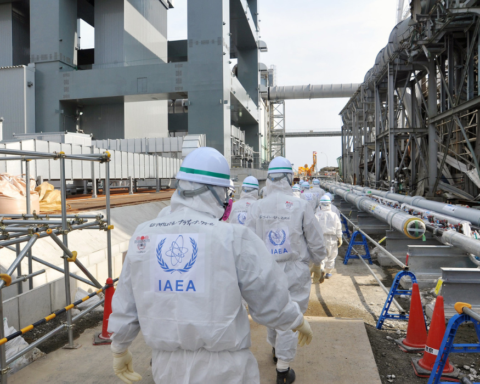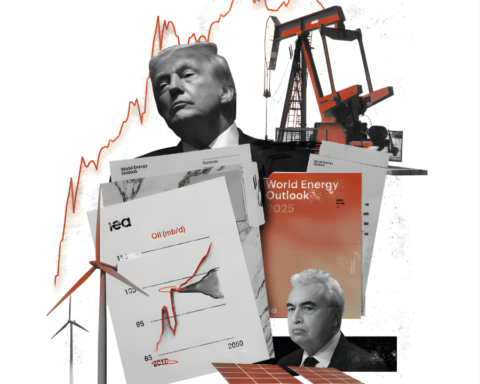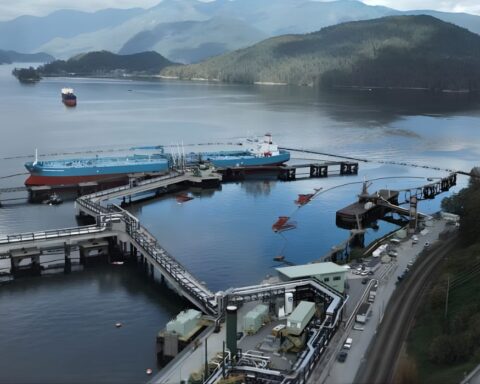If you follow @FuellingCanada on Twitter, you might have read recently that “Canada ranks as a world leader in responsible natural gas production.” If you click on the link to their website, you’ll find a host of disinformation describing how “Canada’s natural gas industry works 24/7 to ensure affordable, clean, and reliable energy for families and businesses.”
This might seem like typical fossil fuel industry marketing. But not to Canadian physicians, who are increasingly concerned about the climate-warming dangers of methane, the primary ingredient in natural gas production, and the health risks of burning natural gas in home appliances such as stove tops and water heaters. Rather than dismiss “clean gas” propaganda as the last gasp of a desperate industry, the Canadian Association of Physicians for the Environment (CAPE) is fighting the industry’s climate claims with an ambitious bid to establish “greenwashing” as unacceptable – and maybe, eventually, illegal.
In November, the federal Competition Bureau announced it will investigate a complaint filed in September by six doctors, nurses and public health advocates who accused the Canadian Gas Association (CGA) of misleading consumers by aggressively promoting its products as “clean” and “affordable.” The complaint asked the bureau to force the CGA and its member companies (which include Enbridge, Epcor and TC Energy) to stop advertising natural gas as clean and affordable, issue a retraction and pay a $10-million fine.
While it’s unclear how long the bureau’s investigation will take, CAPE is gearing up for a battle, says campaign director Leah Temper. “We’re trying to de-normalize the fossil fuel industry, so there will certainly be a lot of pushback.”
But CAPE is also upping the stakes by lobbying Ottawa to include new regulations on greenwashing in its current overhaul of competition legislation. CAPE, which claims to represent 700,000 physicians, is also leading a campaign – along with the David Suzuki Foundation and other activist organizations – to convince the federal government to follow the lead of France in banning fossil-fuel advertising. The movement is gaining momentum: at COP27 in Egypt in November, a high-level UN group (led by former Canadian environment minister Catherine McKenna) released a report, Integrity Matters, that says “It’s time to draw a red line around greenwashing.”
Why are doctors leading this charge in Canada? They’re following the lead of physicians who launched grassroots programs to discourage smoking and ban tobacco ads 50 years ago, well before complacent national organizations and lawmakers started taking stands.
CAPE argues that fossil fuel marketing and promotion endangers human and planetary health in three ways: industry ads aim to stimulate demand for carbon-intensive goods and services at a time when a growing web of climate policies clearly require curbing demand; fossil fuel advertising fails to disclose known health and environmental hazards; and misinformation undermines public support for climate action.
The CGA responded to the Competition Bureau’s decision with a generic statement noting that it would cooperate with the inquiry and that “natural gas plays an important part in Canada’s energy mix.” At press time, the CGA had not responded to two requests for comment from Corporate Knights.
What’s next on CAPE’s agenda? Temper says the organization is eyeing a complaint about the Pathways Alliance, a consortium of oil sands producers that claims it’s on a net-zero path while also seeking government funds for expansion. And it’s considering other mechanisms, such as seeking injunctions against individual greenwashing campaigns or testing Canada’s self-regulating Ad Standards system. Mainly, though, Temper hopes this work will result in a broad ad ban that makes further complaints unnecessary: “We don’t want to keep playing ‘Whac-A-Mole.’”







